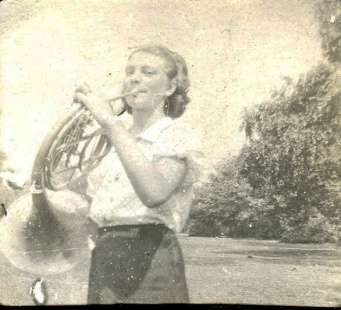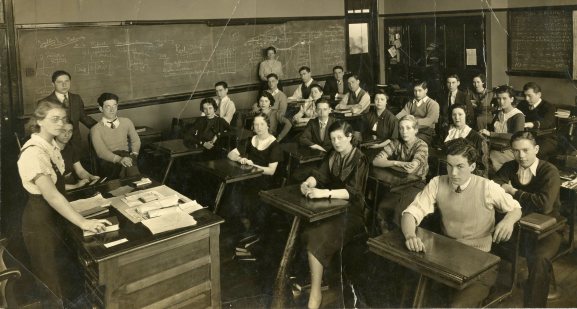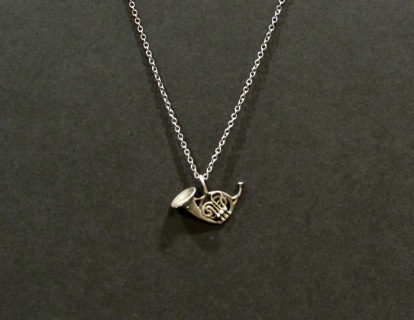The Great Depression
On October 29, 1929, the U.S. stock market crashed, signaling the beginning of a depression that would affect businesses and the lives of people worldwide. In the United States, unemployment reached 25% in 1933 and thousands of Americans were left homeless. This severe economic recession had especially devastating effects on communities dependent on industry. Chicago was hit especially hard. Americans increasingly turned to different types of activism in response to these dramatic changes.
Even before the Great Depression, Chicago Public Schools struggled due to a dramatic increase in students and corruption in the school board. Things only got worse for Chicago teachers following the Wall Street Crash in 1929. After months without pay, teachers held strikes and protests. Many students supported their teachers and gained a lesson in organizing and worker’s rights.
Mollie’s First Strike

Just a few years after immigrating to America, Mollie West entered Marshall High School. The teachers of this large West Side school had a great impact on Mollie’s life. They encouraged their students to not only be concerned with what was going on in their own school, but also with what was going on in the world around them. Mollie was also inspired by the teachers’ fight for their rights as workers, and supported their strikes and rallies.
Mollie’s most influential lesson came when her growing interest in politics intersected with something of great personal importance. At the suggestion of a classmate, Mollie joined the school orchestra as a sophomore and learned to play the French horn.
In 1934, the difficulties of the Great Depression threatened the activities that brought joy to Mollie and her classmates. The school board decided to save money by cutting non-academic programs, including dance, sports, and orchestra. Mollie organized a student strike to protest the funding cuts. As the strike committee made banners and finished their final preparations the night before the strike, they were all arrested.

This was the only time Mollie was ever arrested, and the first of many strikes that Mollie would organize and participate in as she fought for the rights of the working class.

Watch the video below to hear about Mollie’s formative high school experiences during the Great Depression.
*This video clip was converted from a VHS video of an interview Mollie gave in the 1990s.
Learn more: Chicago Teachers in the Great Depression
Between January 1931 and May 1933, teachers were only paid their monthly salary three times. They began to organize and protest their missing paychecks, as well as the cuts made in funding for school programs. In 1933, high school teachers were joined by thousands of supportive students in a sick-out strike. Despite the lack of pay, teachers continued to return to the classroom and even raised $112,000 to provide struggling children with much needed clothing and food. The teachers’ demonstrations in the early 1930s led to the founding of the Chicago Teacher’s Union in 1937.
Header image: Mollie with the strike committee
